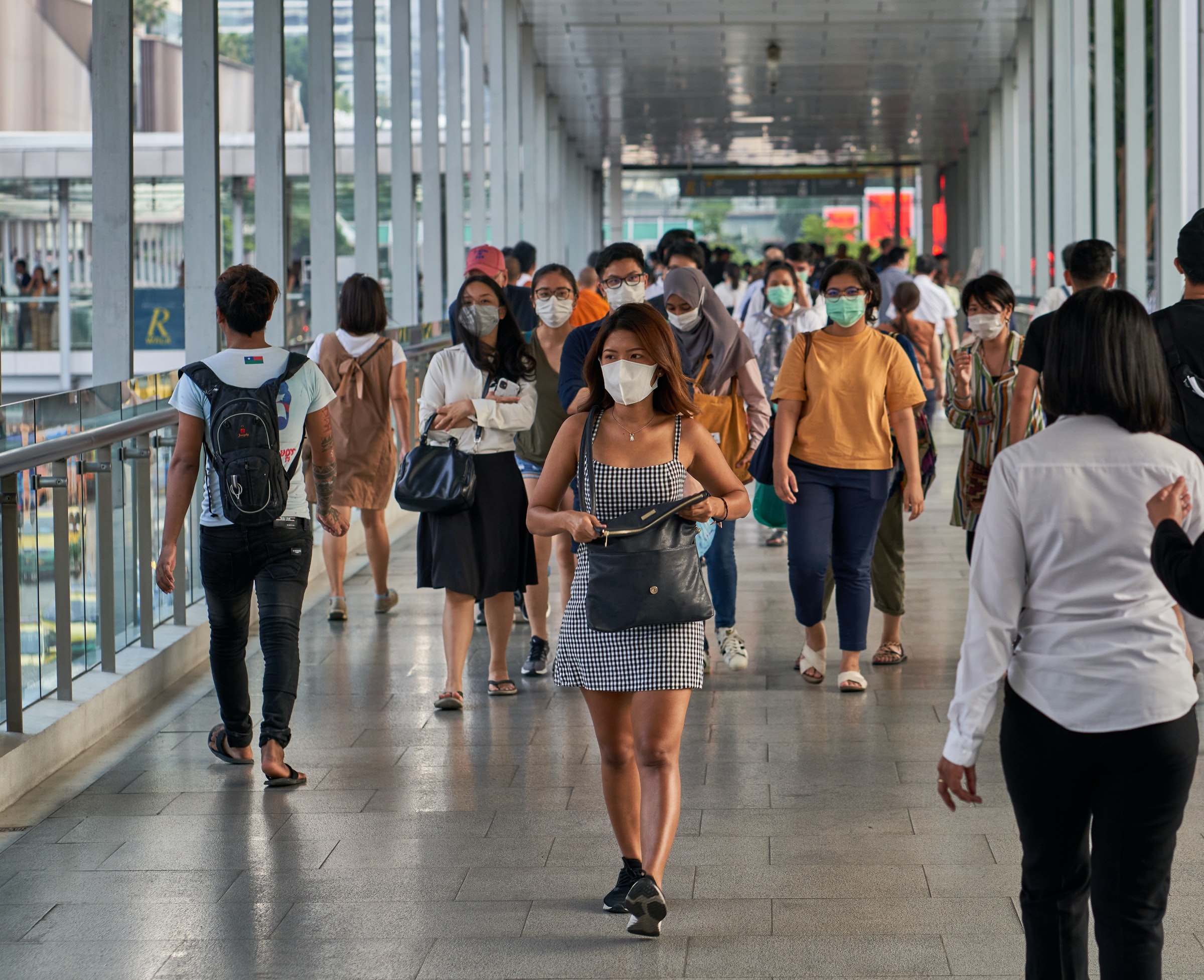SEOUL, South Korea (Washington Insider Magazine) – South Korea is revamping its pandemic strategy to deal with a rapid increase in coronavirus infections caused by the extremely infectious omicron variant.
The measures were unveiled as the nation recorded 7,513 fresh cases of illness on Monday, the third consecutive day above 7,000, and approaching the one-day high of 7,848 registered in December, when a disastrous delta-driven outbreak skyrocketed hospitalizations and deaths.
As per the Korea Disease Control and Prevention Agency, Omicron has surpassed delta as the most prevalent variation in South Korea, accounting for more than half of all infections reported last week.
According to some estimates, the country could experience daily increases of over 10,000 this week. Transmissions could pick up even more during the Lunar New Year vacation, which runs from this weekend to Tuesday and is when millions and millions of people travel across the country to see relatives.
According to KDCA Commissioner Jeong Eun-kyeong, the quarantine period for persons who test positive after being completely vaccinated will be decreased from ten to seven days starting Wednesday.
People who have been fully vaccinated and come into direct proximity with the virus carriers would no longer be quarantined, but they will have to submit their daily health status to officials before undergoing a checkup within 6 to 7 days, according to ABC News.
Officials claim that loosening quarantine limits is unavoidable as they try and prevent an omicron outbreak from wreaking havoc on companies and public sectors by putting large numbers of people in quarantine.
People who aren’t fully vaccinated will be required to isolate for 7 days if they come into close proximity with a virus carrier and ten days if the test comes positive. More than 85 percent of the population of more than 51 million had been completely vaccinated as of Monday, and roughly 49 percent had received booster injections.
Officials also intend to rewire the country’s testing system, which is now based on PCR tests, to make quick antigen tests more widely available in order to discover a greater percentage of infections sooner.
Prime Minister Kim Boo-kyum urged citizens to stay home over the Lunar New Year’s festivities, particularly to avoid visiting elderly relatives who aren’t completely vaccinated or haven’t had their booster vaccinations. Visiting senior homes will be prohibited during this time, and seating on ferries and trains will be limited to discourage travel.


























